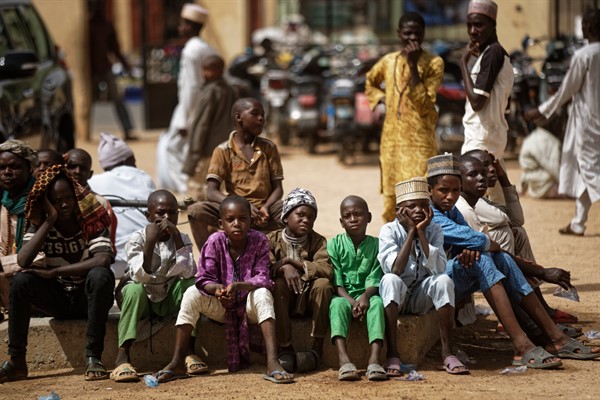For anyone interested in understanding the global economy of the recent past or in projecting the shape of things to come in world affairs in the near future, there are few fundamentals that condition the lives of nations more powerfully than population dynamics.
The past 50 years have served up this lesson repeatedly, most recently with the rise of China. Riding on the back of a dramatic bulge in the number of freshly educated young people who teemed onto the workshop floors of the innumerable industries that were just then being thrown together, China turned itself into the so-called factory of the world.
Today, most economists expect China’s growth to slow substantially in the decade ahead, not merely because it has become a more mature industrial economy, but also because of the rapid aging of its population. This will steadily impose immense new social costs, reducing the availability of cheap capital to sustain the extraordinary investment rates of the country’s takeoff era.

